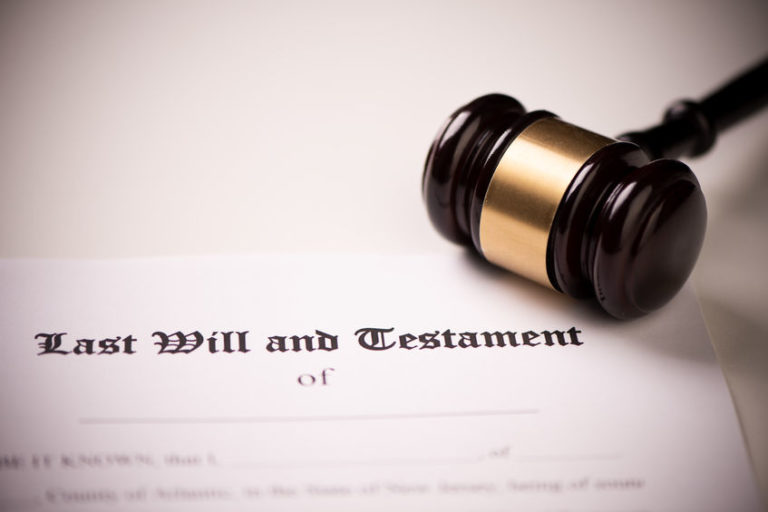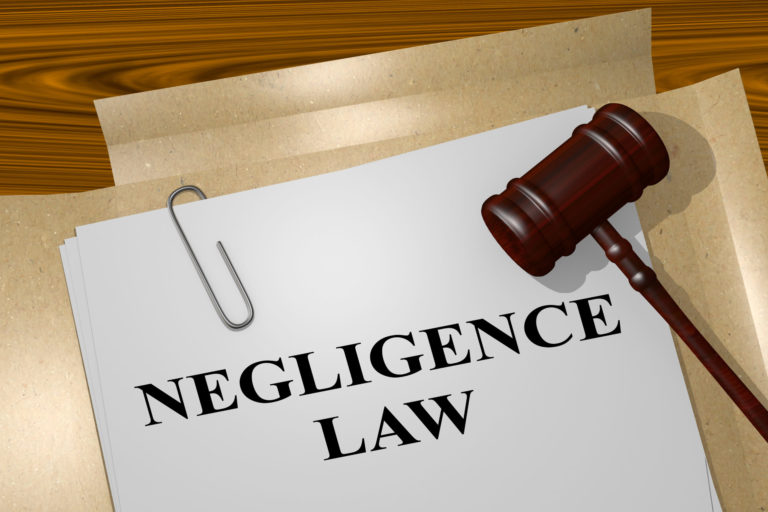
What is a Special Purpose Acquisition Company?
A special purpose acquisition company “SPAC” is a publicly traded shell company that has been formed strictly for purposes of raising enough capital to purchase an existing company. Also referred to as a “blank-check company,” these development stage companies have no operations and purely rely on funding through an initial public offering “IPO”.

What is Defamation Per Se in Florida?
One of the recurrent issues that Miami business lawyers deal with often involves clients suing for defamation, or vice versa, clients being sued for defamation. Defamation, by definition, is the action of damaging the good reputation of someone. It usually involves a false statement of fact that was published or spoken with fault, or in other words, as a result of negligence or malice.

Why Everyone Should Have a Trust?
A trust is a legal agreement between the person who created the trust “settlor” and the trustee (the settlor as well), which is designed to hold assets for the beneficiary/ies of the trust. A trust can be a useful legal and financial mechanism to hold and distribute one’s assets after the death of the settlor, regardless of the amount of assets the settlor has. Below are a few of the reasons why trusts are a good idea for everyone.

Grounds for Contesting a Will in Florida
At EPGD, we strive to communicate the importance of succession planning and are eager to spread knowledge on every aspect of having a valid will. More times than not, a will may potentially open itself up to an opportunity to be contested. This is known as a will contest, and Florida, among many other states, recognizes a number of grounds for contesting a will.

Can You Cancel Your Wedding During COVID-19?
The Wedding Industry is a 70+ billion-dollar industry. In light of COVID-19, the hospitality industry is suffering and facing uncertainty. Venues, vendors, and hotels are struggling to carry on or cancel the events. Meanwhile, engaged couples are unsure if their families will be able to travel safely or if there might be a way to host their events safely despite the circumstances.

What is the Franchise Disclosure Document?
The Franchise Disclosure Document (FDD) is a legal disclosure document which is provided to franchisee applicants interested in purchasing a franchise. The document is required by the Federal Trade Commission (FTC) and contains important information about the franchisor and the franchise system of which potential buyers should be aware prior to making the financial investment. It is intended to help prospective franchisees assess the potential risks and benefits involved in the relevant franchise.

What is Intestacy in Florida?
Having a written Last Will and Testament is an essential part of an estate plan. It reflects all of your wishes upon your death, including who the beneficiaries of your estate are and how they are to inherit from you upon your death. Without one, you can potentially face the risk of your assets being distributed contrary to your intentions under the default laws of the state of Florida.

Can I Collect Attorney’s Fees Under Florida’s Deceptive and Unfair Trade Practices Act?
Unlike other countries, the American rule on attorneys’ fees is that each party must pay the costs of their attorneys. This means, if you’ve hired an expensive attorney to fight for you, you are obligated to pay his costs. Nonetheless, there are two exceptions to the American rule—the contract and statute exceptions. First, if a prior contract that was made between the parties had an attorneys’ fees clause, then the losing party is expected to pay the winning party’s attorneys’ fees. Lastly, a party is permitted to seek the payment of their attorneys’ fees under Florida’s Deceptive and Unfair Trade Practices Act (FDUTPA). A Miami Business Law attorney can advise you if FDUTPA law applies.

I am a victim of an auto warranty scam: What can I do?
On a weekly or even daily basis, you might be receiving physical mail alerting you that your car warranty is about to expire. You may also be receiving calls telling you to renew your car’s warranty. You think it might be a scam, but can you be sure? A Florida Business Law attorney can help.

What is the difference between negligence and gross negligence?
When determining if someone has been negligent, it is important to distinguish between negligence and gross negligence. Certainly, they are similar, but are different in the degree of carelessness. A Florida Business Law attorney can help you spot the difference in your particular case.
